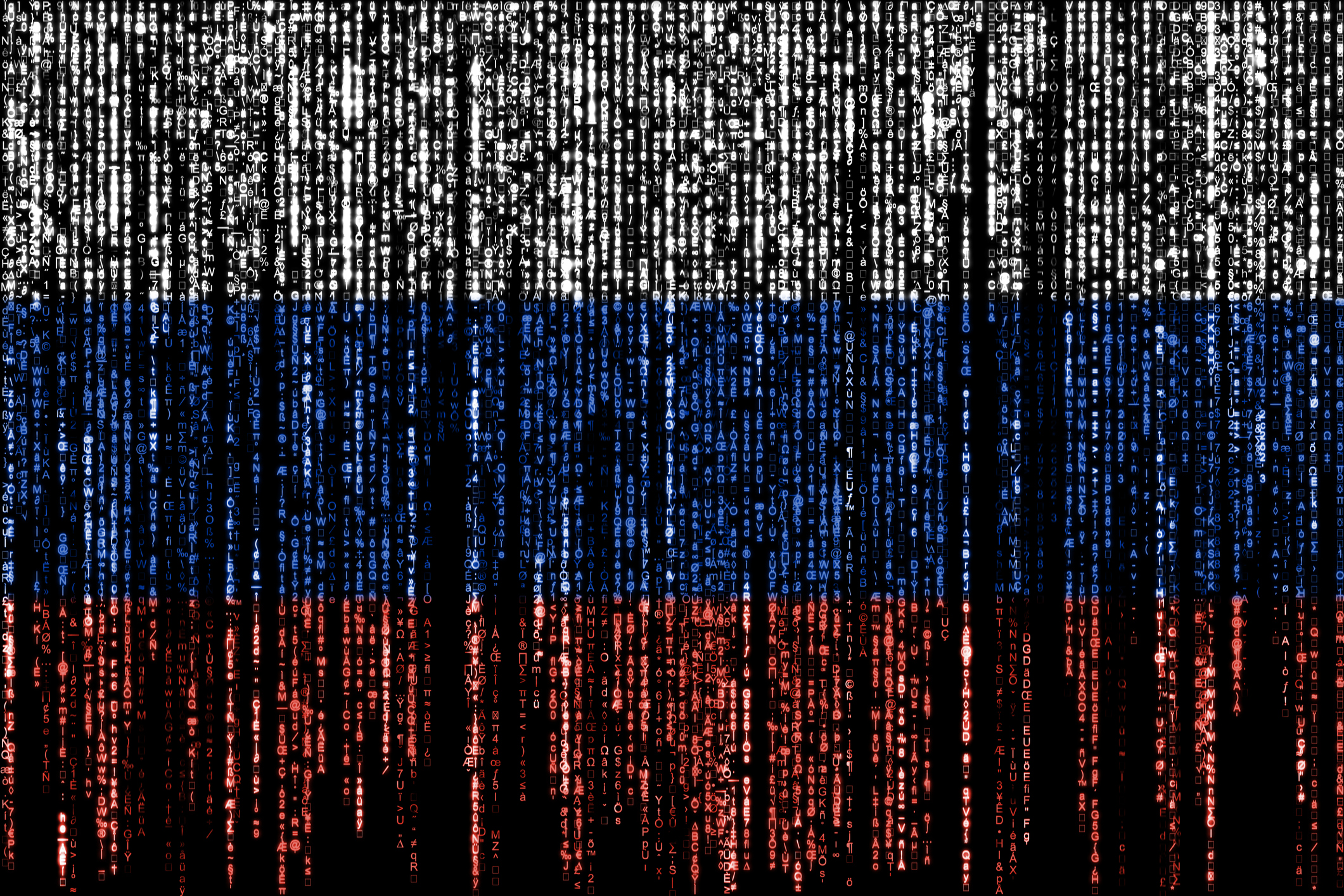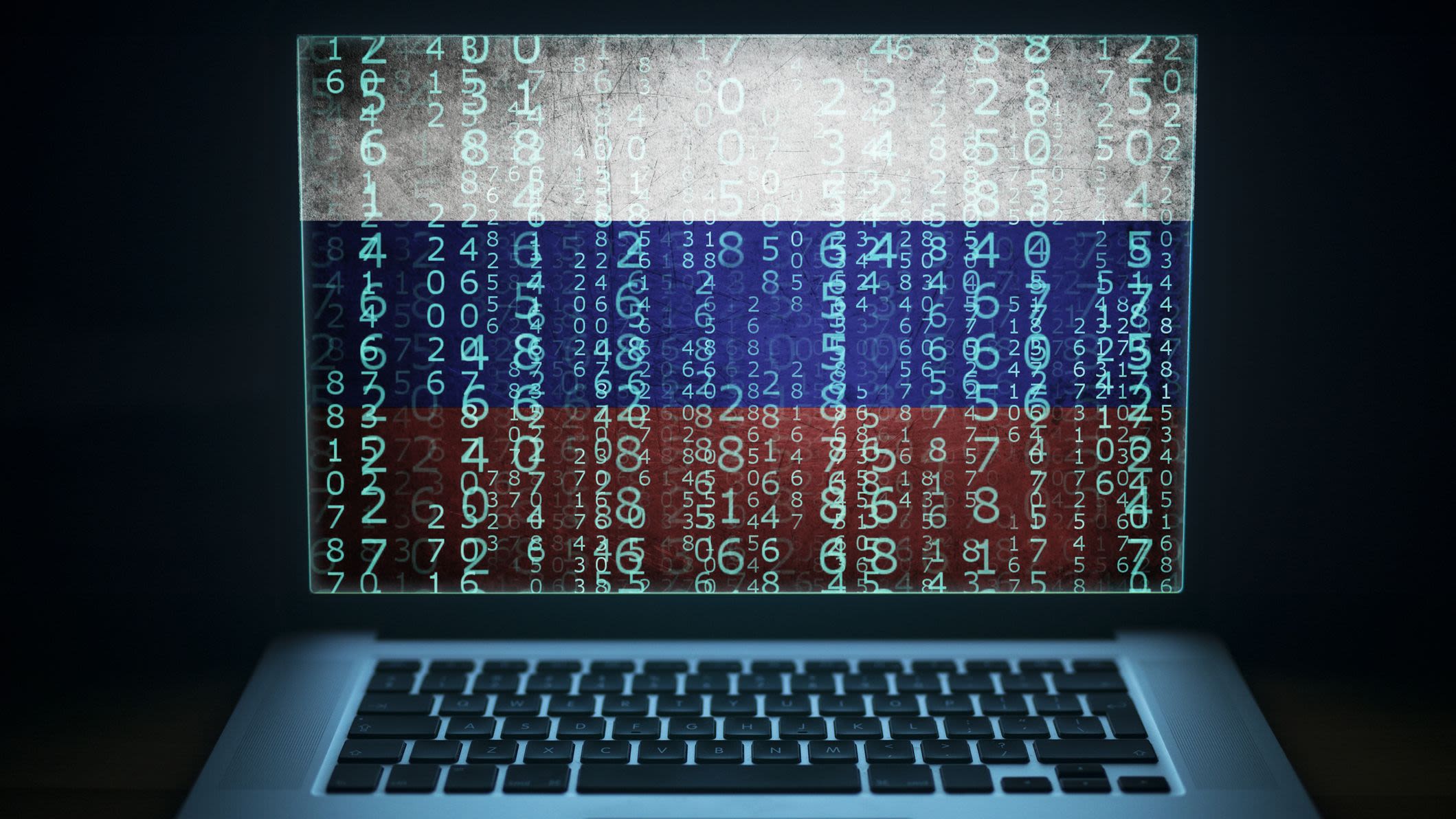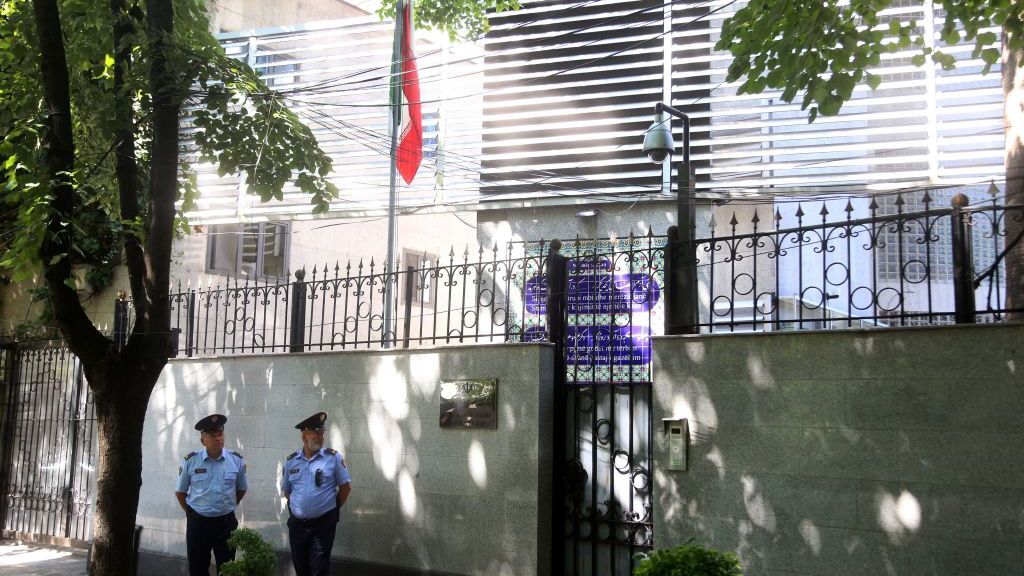US, UK security agencies warn against Russian ‘global brute force campaign’
APT28 is accused of targeting hundreds of government and private sector targets worldwide


US and UK security agencies have published a joint advisory warning against a ‘global brute force campaign’ orchestrated by the Russian government.
The state’s military intelligence service, known as the General Staff Main Intelligence Directorate (GRU), is accused of using password-spraying as well as taking advantage of a Kubernetes cluster “to compromise enterprise and cloud environments”.
The advisory alleges that one of GRU’s units has been masquerading under such names as Fancy Bear, APT28, Strontium. This is not to be confused with another Russian-backed group, known as APT29 or Cosy Bear, which has been associated with carrying out last year’s SolarWinds hack.
APT28 is accused of conducting “widespread, distributed, and anonymised brute force access attempts against hundreds of government and private sector targets worldwide”.
These include government and military organisations, political consultants and party organisations, defense contractors, energy, logistics, and media companies, as well as think tanks, law firms, and higher education institutions.
“Targets have been global, but primarily focused on the United States and Europe,” the US’ National Security Agency (NSA) added.
According to the NSA, as well as the US’ Cybersecurity and Infrastructure Security Agency (CISA), Federal Bureau of Investigation (FBI), and the UK’s National Cyber Security Centre (NCSC), the attacks have been ongoing “since at least mid-2019”.
Get the ITPro daily newsletter
Sign up today and you will receive a free copy of our Future Focus 2025 report - the leading guidance on AI, cybersecurity and other IT challenges as per 700+ senior executives
These include exploiting Microsoft Exchange servers using a vulnerability tracked as CVE 2020-0688, which last year was found to affect at least 82.5% of the 433,464 servers.
The state-backed hackers are also known to operate a Kubernetes cluster, which allows them to conduct distributed and large-scale targeting using techniques like password spraying and password guessing.
The agencies have advised organisations to use multi-factor authentication, regularly update their passwords, use time-out and lock-out features whenever password authentication is needed, as well as choose passwords which would be hard to break. This is due to the hackers using a password-spraying technique, which attempts to breach many accounts using the same password, often leaked, banking on the strong possibility of users recycling the same combination across different platforms.
The Russian government has yet to respond to the joint advisory published by the US and UK agencies. However, the state has long denied any involvement in cyber attacks, with SVR director Sergei Naryshkin branding the allegations “absurd, and in some cases so pathetic”.
Having only graduated from City University in 2019, Sabina has already demonstrated her abilities as a keen writer and effective journalist. Currently a content writer for Drapers, Sabina spent a number of years writing for ITPro, specialising in networking and telecommunications, as well as charting the efforts of technology companies to improve their inclusion and diversity strategies, a topic close to her heart.
Sabina has also held a number of editorial roles at Harper's Bazaar, Cube Collective, and HighClouds.
-
 Westcon-Comstor and Vectra AI launch brace of new channel initiatives
Westcon-Comstor and Vectra AI launch brace of new channel initiativesNews Westcon-Comstor and Vectra AI have announced the launch of two new channel growth initiatives focused on the managed security service provider (MSSP) space and AWS Marketplace.
By Daniel Todd Published
-
 Third time lucky? Microsoft finally begins roll-out of controversial Recall feature
Third time lucky? Microsoft finally begins roll-out of controversial Recall featureNews The Windows Recall feature has been plagued by setbacks and backlash from security professionals
By Emma Woollacott Published
-
 ASUS, Cisco, Netgear devices exploited in ongoing Chinese hacking campaign
ASUS, Cisco, Netgear devices exploited in ongoing Chinese hacking campaignNews Critical national infrastructure is the target of sustained attempts from state-sponsored hackers, according to Five Eyes advisories
By Ross Kelly Published
-
 Off-the-shelf ransomware is spurring a new era in the Ukraine war
Off-the-shelf ransomware is spurring a new era in the Ukraine warNews Experts agreed Russian forces could be overwhelmed, forced to use less sophisticated tools to meet the regime's demands
By Connor Jones Published
-
 NCSC: “New class” of Russian cyber attackers seek to destroy critical infrastructure
NCSC: “New class” of Russian cyber attackers seek to destroy critical infrastructureNews The cyber threat has been raised due to the heightened risk of ideologically driven cyber attacks from Russia-aligned adversaries
By Connor Jones Published
-
 NCSC warns UK under state-sponsored spear-phishing attacks from Russia and Iran
NCSC warns UK under state-sponsored spear-phishing attacks from Russia and IranNews The acceleration in spear-phishing campaigns last year coincided with the escalating conflict in Ukraine, according to the NCSC
By Ross Kelly Published
-
 NCSC founder details 'biggest regret' in underestimating organised cyber crime
NCSC founder details 'biggest regret' in underestimating organised cyber crimeNews In a rare public address, Martin also detailed his proudest achievement and how the idea for the NCSC came to be
By Zach Marzouk Published
-
 Second Singtel subsidiary breach in a month sees customer and client data leaked
Second Singtel subsidiary breach in a month sees customer and client data leakedNews The incident at Singtel subsidiary Dialog follows the earlier breach at Singtel-owned Optus, Australia's second-largest telco
By Rory Bathgate Published
-
 UK, US condemn Iran for ‘unprecedented’ cyber attack against Albania
UK, US condemn Iran for ‘unprecedented’ cyber attack against AlbaniaNews The Balkan nation has cut ties with Iran following the hack, which took down national infrastructure and exposed government information
By Rory Bathgate Published
-
 Cyber attack on software supplier causes "major outage" across the NHS
Cyber attack on software supplier causes "major outage" across the NHSNews Unconfirmed reports suggest the attack may be ransomware-related, while the NHS contends with disrupted services on the 111 non-emergency line
By Connor Jones Published